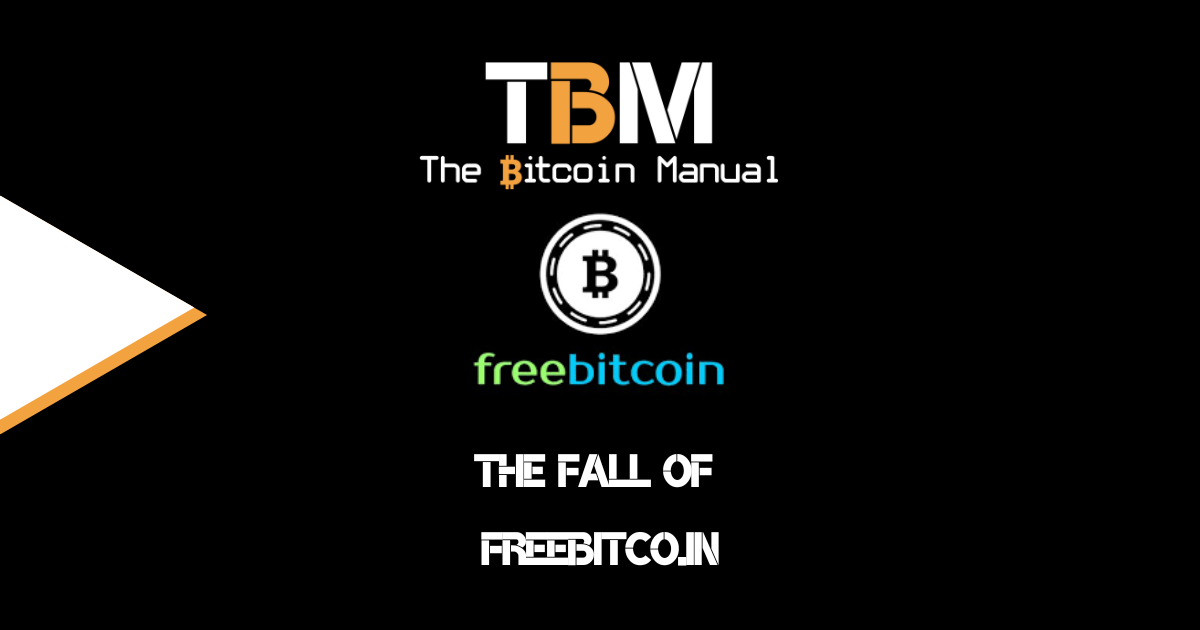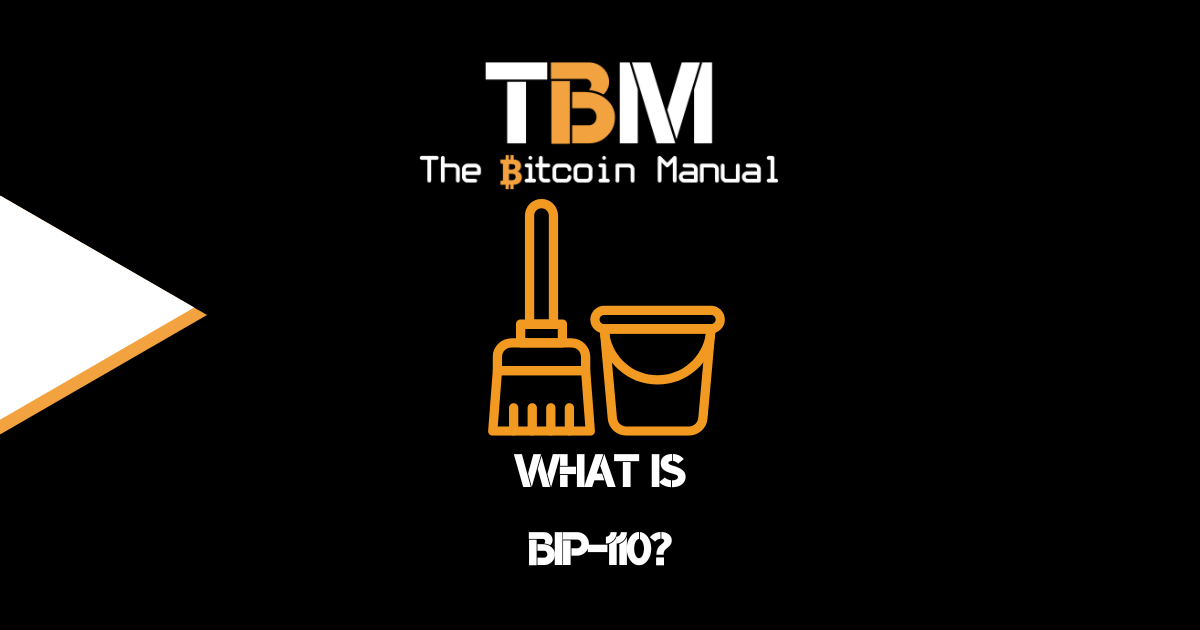I’ve been writing here for some time now, and readers of my blog often refer to my content as financial education, and yes, it is that, but not only for the readers but for myself too. My blog is also about me snapping out of the financial illiteracy we’ve been taught and me trying my best to break the dogmatic approach to money as a consumer and member of the 99% or so I like to claim.
In retrospect, I am more in the 1% than the 99% if we look at absolute wealth distribution, but am I wealthy enough never to work again? Not a chance; every penny I scrape together, I try to put to work with that goal in mind.
Working two jobs
In the late stage of this debt-based economy, most of us HAVE To HAVE two jobs. I am not referring to selling your time to various employees for a salary; I am referring to your second job of what you need to do to protect what you earn.
Before fractional reserve banking and money multipliers with fiat, people saved; they had the capital to leverage and build lives for themselves. Their savings meant something; it gave them a buffer to take a risk and produce new goods and services.
Now, what do we see? SME’s either have to finance their business from borrowing against their home or raise funds through the gatekeepers of money.
Then we cheer when we see how this startup is raising millions but making thousands in income and thinking this is normal, its not, its backwards business.
We’ve lost touch with reality, and to me, Bitcoin shows that fact, the fact that most people see a market where consumers set the price to be crazy, volatile and weird shows how sheltered we are from what a functioning economy looks like and how it works.
Consumer confidence the false flag
Have you ever wondered how strange it is when economic numbers come out, and they always look at how much people are spending as a sign of confidence? I always thought that was strange. To me, we should be looking at how many people are saving, how many people have rainy day funds, how much capital we keep from the market, so the market has to innovate or deflate to keep going.
In a savers market, ONLY innovation leads to capital extraction, so as people save, it becomes harder for companies to get it from them unless they give them something of real value.
When money is useless and losing its value, companies don’t need to provide more value, just enough, and we actually create more inefficiency.
Is Bitcoin the only trade that makes sense?
As much as I talk about investment content, I don’t see myself as an investor; I see myself as a frantic saver. I receive money in fiat for the work I do and then desperately try to find a place to put it that won’t see its purchasing power erode.
If you read my previous posts this week about the dangers of index funds, the insolvency unfolding and Bitcoins mainstream status, you’ll start to understand where my mind is going; Bitcoin seems to be a black hole, sucking up the value left indebt-based money faster and faster.
I’m not sure if this is a false flag, but I am getting to this point where I am so bullish on BTC that I need to check my blind spots.
I want to make sure I’m not missing something, or there’s an error in my thinking, but as for now, it seems so rock solid I can’t think of a single trade that would compete for what I want to achieve, and that’s literally saving.
I want a safe place to save what I’ve earned.
Flipping the question
People often ask me at what price will I sell my Bitcoin, but what I hear is at what price would I buy dollars/fiat?
The answer is no price.
I will sell BTC when I HAVE to and only for as much as I need; I only want fiat for my living expenses, and while I can still support that, part of my savings will continue to drive into BTC.




